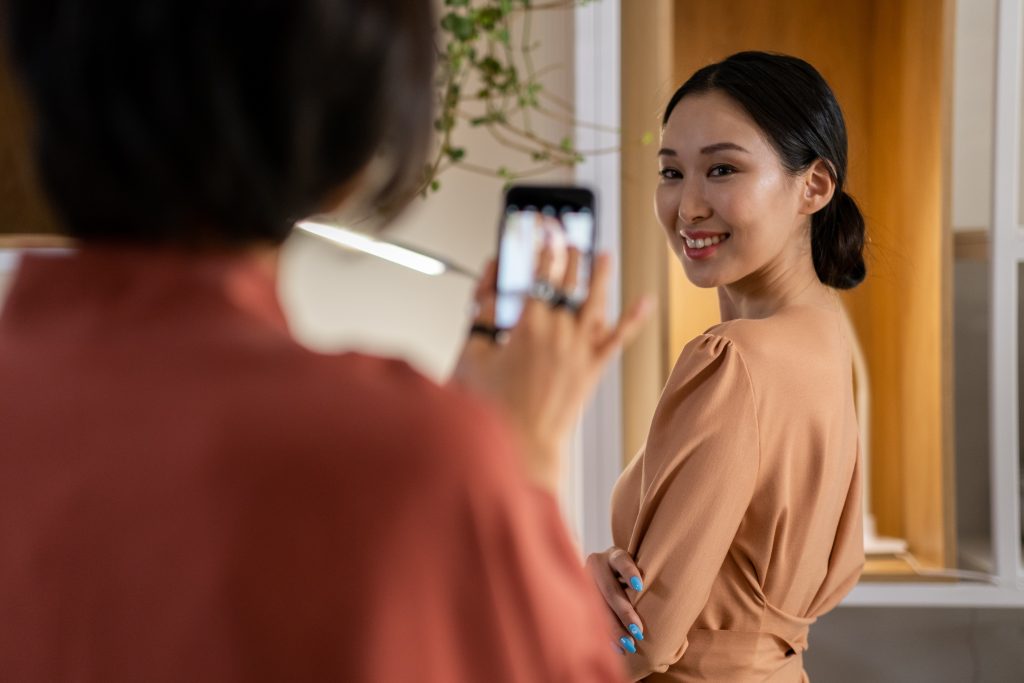Introduction
For brands operating in the apparel, fashion, and beauty industries, using celebrities to promote your products has long been a favored advertising approach. A typical celebrity endorsement for brands in the fashion industry might involve utilizing the celebrity´s name and likeness as the centerpiece of a print, media, or social media advertising campaign. However, celebrity licensing may very well offer a more effective way to utilize a celebrity´s fame and popularity. In this short article, we will briefly explain what celebrity licensing is and why brands operating in the world of fashion might do well to consider this approach.
What is Celebrity Licensing?

In general, licensing refers to granting the right to a third party to use the name, image, brand, or likeness of a separate individual or entity. By acquiring these rights under license, the third party can utilize them in the promotion or sale of their goods or services. Celebrity licensing refers more specifically to the process wherein an existing business or brand licenses the name and image rights of a celebrity. This is done as part of an effort to showcase to consumers that a specific product or line of products was either:
- Designed in collaboration with a specific celebrity, or
- Created for a specific celebrity.
In legal terms, the licensee refers to the brand. The licensee is almost always responsible for creating the designs, overseeing the manufacturing process, and distributing/selling the products. The celebrity who is licensed is responsible for providing the inspiration for the product or line of products. The celebrity is also generally given the right to veto or approve the final design of the product.
It is important to note that the actual level of participation of the celebrity can vary. In some cases, celebrities may want to fully participate in the process of design and may search for brands who share their fashion visión which will allow them a real opportunity to participate in the design process. The NBA player Russell Westbrook, to name just one example, has grown into a fashion icon, and once had a celebrity license wherein he designed clothes for Barneys.

In these cases, the licensee (the brand) should be willing and prepared to allow the celebrity full participation in the design process, including the choices of fabric, suppliers, ingredient sourcing, and even the marketing process.
In other cases, the celebrity may not be interested in the fashion design, but would only be expected/required to offer his or her image for photoshoots, launch events, social media campaigns, and other advertising vehicles.
Terms and Conditions for Celebrity Licensing Agreements for Clothes Brands and the Apparel and Beauty Industries
In most cases, these types of agreements or relationships last a few years. The licensee may be expected to pay a sizeable cash advance at the beginning of the agreement or contract. It is common for that cash to be recoverable or repayable against royalties for the actual sales of the product line in question. In other cases, the agreement may center solely on royalty payments based on sales.

It is extremely important for both the brand and the celebrity to be on the same page when it comes to the celebrity´s responsibilities for media promotion and advertising campaigns associated with the licensing contract. One of the main advantages of a celebrity licensing agreement is that the brand will hope to leverage increased exposure from celebrity involvement. This will not only help to spur sales for the product line in question but there should also be a “rub-off” effect that can help to increase overall sales for the brand. Furthermore, the agreement or contract with the celebrity may also center on asking the celebrity to wear the products in public or during highly publicized events.
Celebrity licensing agreements or contracts may also place legal limitations on how the brand can use the image and likeness of the celebrity. For example, there may be specific time limitations on the agreement, or there may be geographical limitations where they can only use the celebrity license in certain markets.
Conclusion
Licensing celebrity brands and likenesses can be a great strategy for fashion and apparel companies. The first step, of course, is to reach out to the celebrity´s representation to present your idea or proposal. Almost every celebrity will have their own representation, and you will need to go through their official agent, manager, or publicist. In general, sending out a concise yet detailed introductory email that details who you are, the type of licensing agreement you are proposing, and what you can offer is a good first round of communication.



